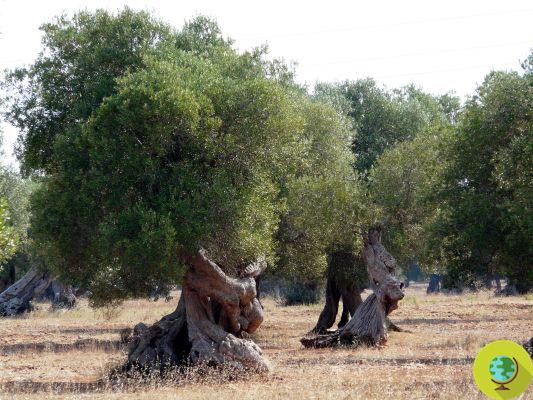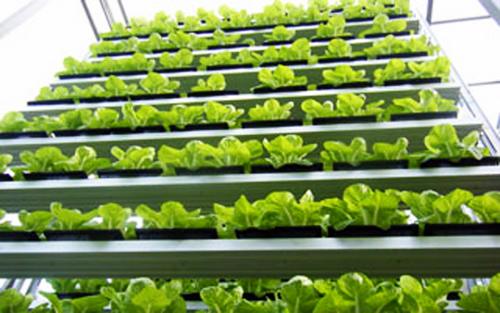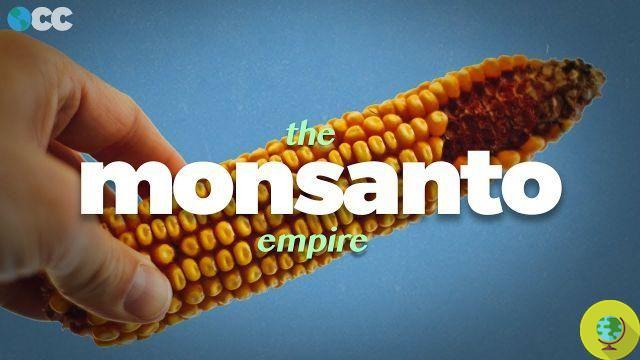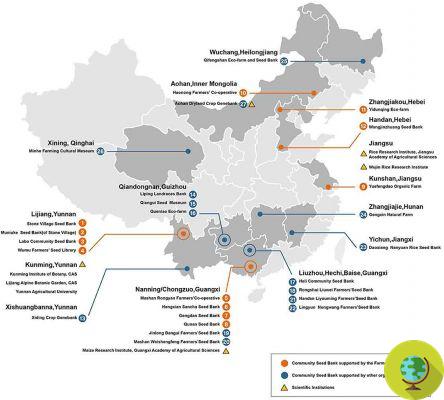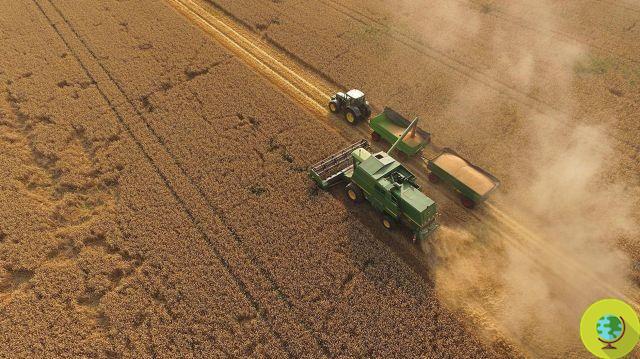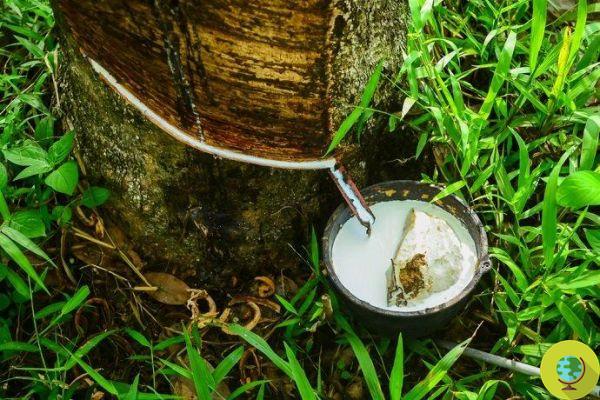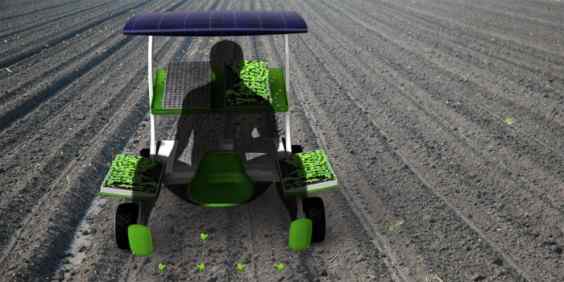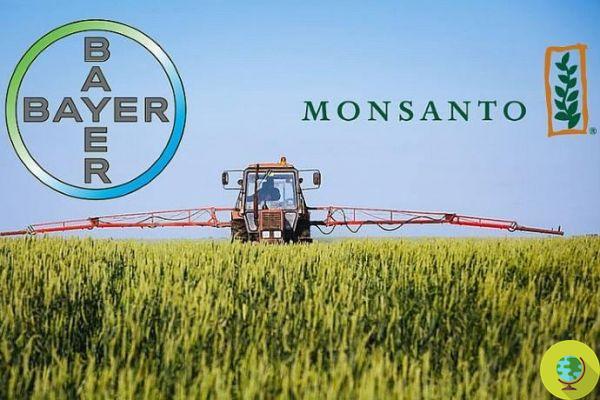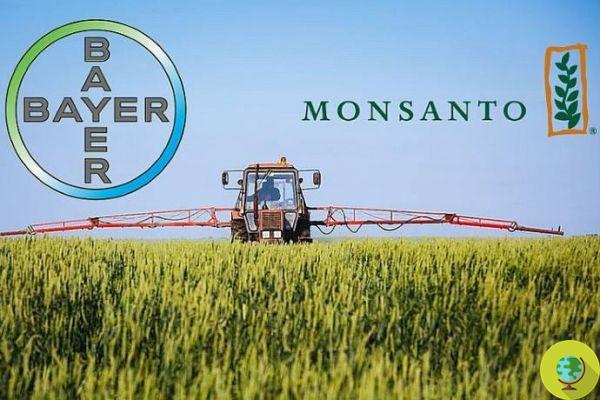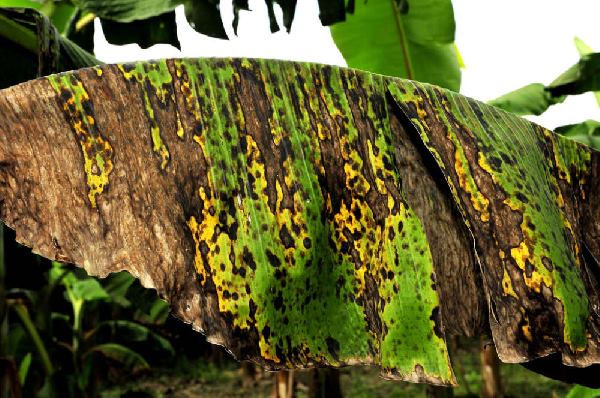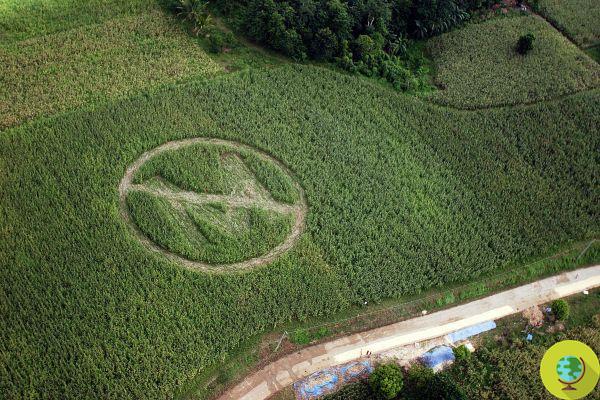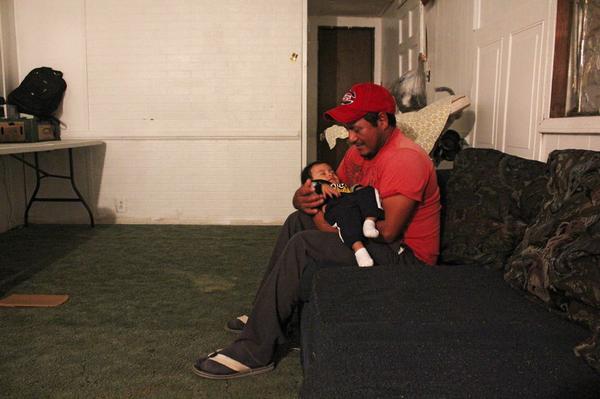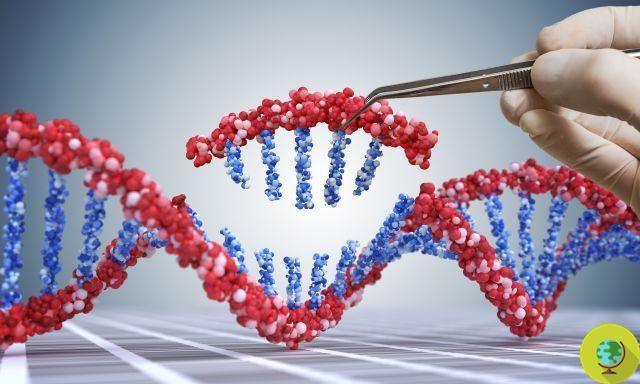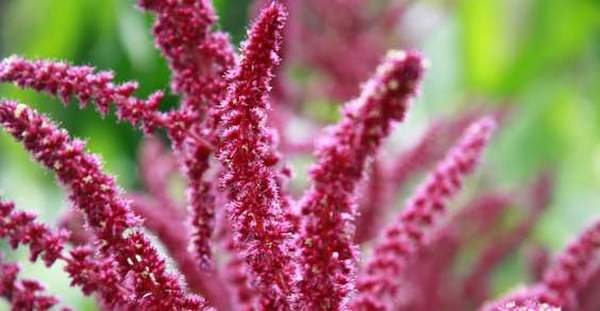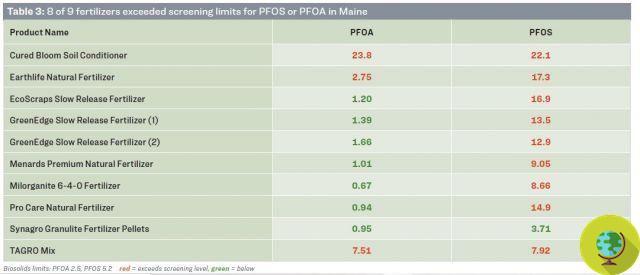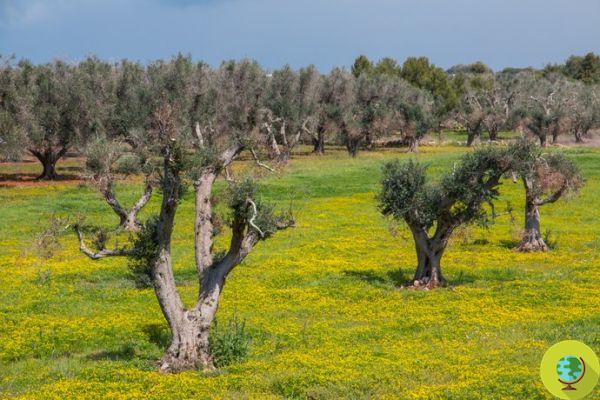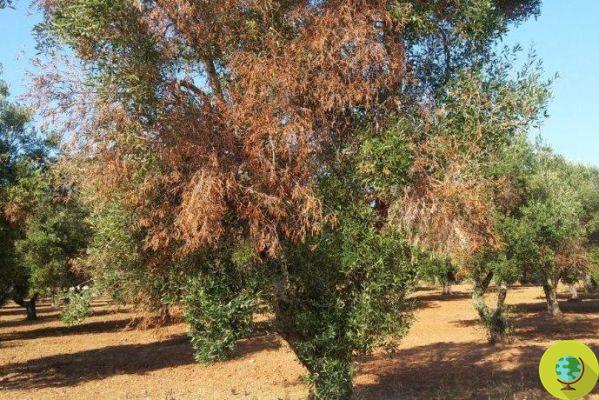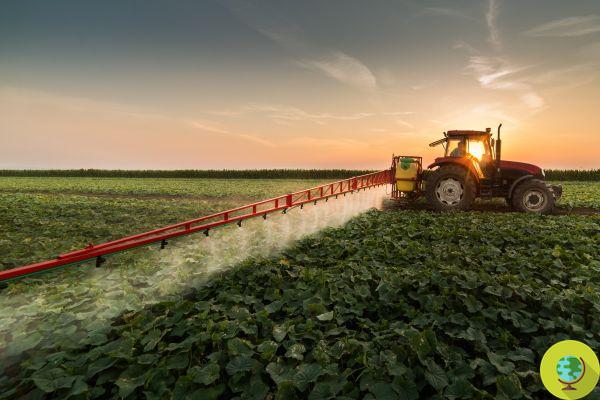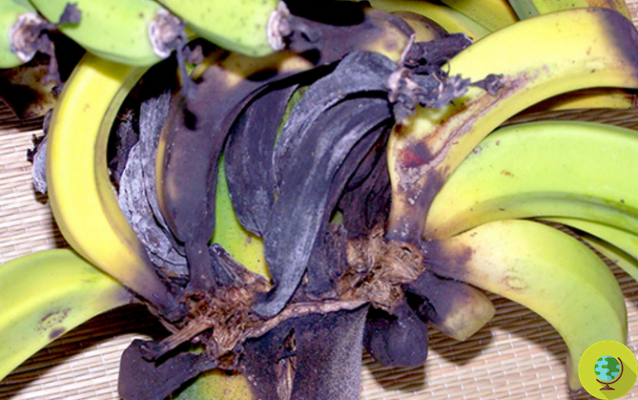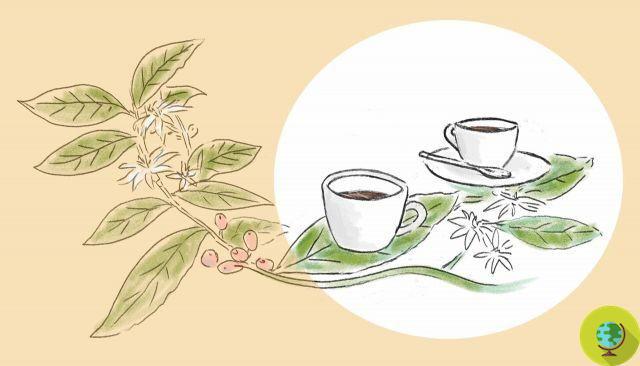
How are coffee, bees and climate change linked together? You can guess the answer but now new research has revealed, data in hand, the impact that global warming will have in the coming years on precious pollinating insects with particular reference to their action on coffee crops.
He is about to end up run over, his mother saves him
How they are linked together coffee, bees and climate change? You can guess the answer but now new research has revealed, data in hand, the impact that global warming will have in the coming years on precious pollinating insects with particular reference to their action on coffee crops.
The situation was examined by a new study published in Proceedings of the National Academy of Sciences (PNAS), the first one that aimed to analyze the impact of climate change on coffee in relation to bees as well.
We know that bees play a fundamental role for the ecosystem and that, in the event of their extinction, ours would be seriously at risk since, without their precious contribution, many agri-food products would no longer exist. This is also true with regard to coffee: bees are in fact essential for the good yield of crops. Their contribution in this sense has been estimated at around 20-25% increase in plant yield. These insects would in fact be able to improve the quality of the grains. As lead study author Pablo Imbach of the International Center for Tropical Agriculture (CIAT) stated:
"If there are bees among the coffee plants they are very efficient and good for pollinating, it increases productivity and also the weight of the berries"
However, here is where climate change comes into play which, as we have already said several times, are seriously threatening bees and crops (not just coffee).
The researchers speculate that by 2050 climate change could reduce the amount of land that can be used to grow coffee in Latin America by up to 88% (data significantly higher than previous estimates). As the planet warms, coffee plants will need to be moved higher into the mountains, which means there will be less land available for cultivation.
There is also the fact that, in most coffee growing areas, this is expected a reduction in the number of bee species, although about 16% of the areas will instead see a greater diversity of these insects. Climate change will in fact determine geographical shifts for pollinators and main crops, with global implications for food security and rural resources.
The areas destined to lose most of the arable land in coffee are in Nicaragua, Honduras and Venezuela. Others actually expect to see a slight expansion of land suitable for coffee production, namely Mexico, Guatemala, Colombia and Costa Rica.
The researchers based their predictions on a 2,6 degrees Celsius rise in global temperatures from pre-industrial levels by 2050.
Our morning coffee, therefore, could become a luxury item in the coming years due to climate change. But this is certainly not the most serious danger if we think that entire communities of small farmers they live thanks to these crops.
As Taylor Ricketts, co-author of the study said:
“There is more to it than my good espresso in New York or Paris will get expensive. It threatens the primary livelihoods of millions of already vulnerable people "
On the effects of climate change in agriculture, read also:
- CLIMATE CHANGE: COCOA AND COFFEE ARE IN RISK OF DISAPPEARANCE
- 8 FOODS AT RISK OF DISAPPEARANCE DUE TO CLIMATE CHANGE
- NO PASTA IN 2050: CLIMATE CHANGE Fault
According to scientists, some measures could help reduce the blow to coffee farmers following climate change:
- Promote the maintenance of habitats for wild bees in coffee growing areas, in particular the new species that have arrived as a result of climate change
- Growing coffee under the shade of trees can help keep the beans cool while creating a habitat suitable for pollinators.
- Where it will no longer be possible to grow coffee, farmers should be accompanied in the transition to other types of crops.




